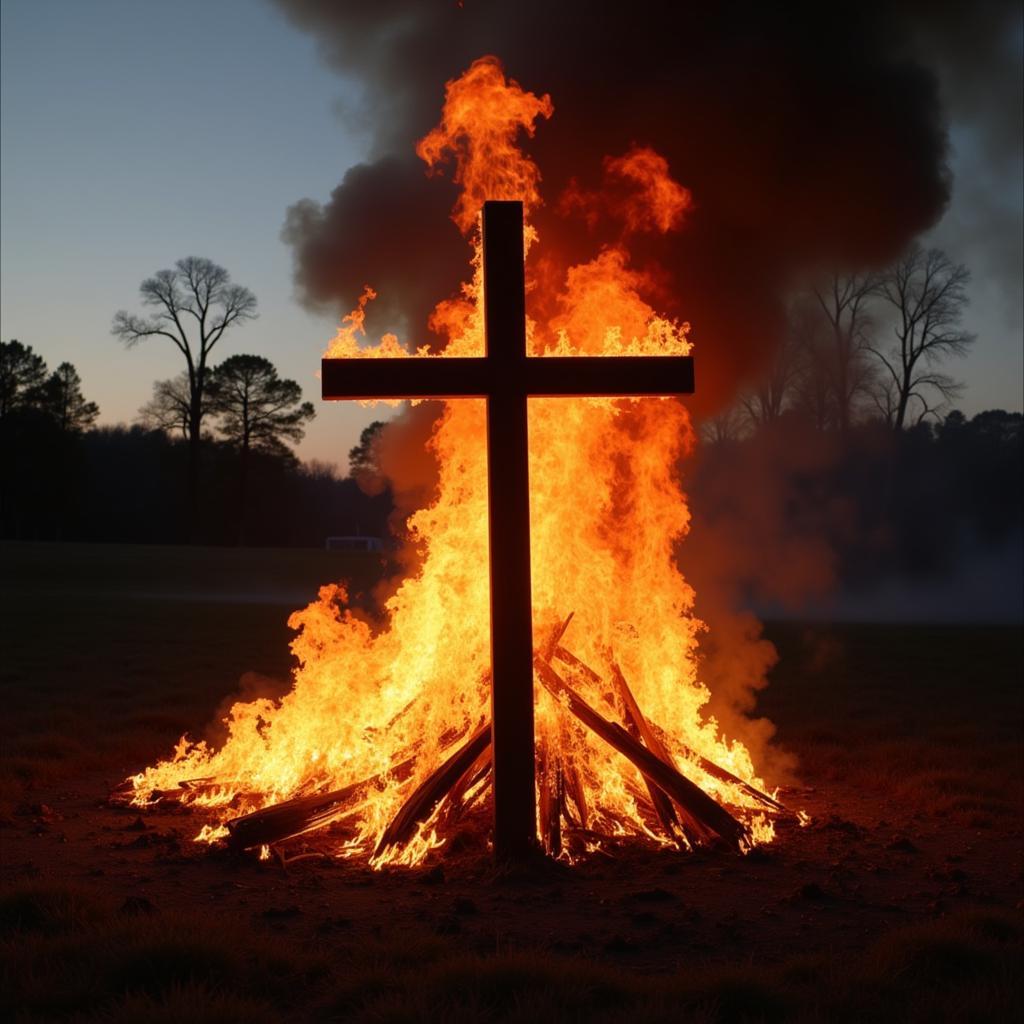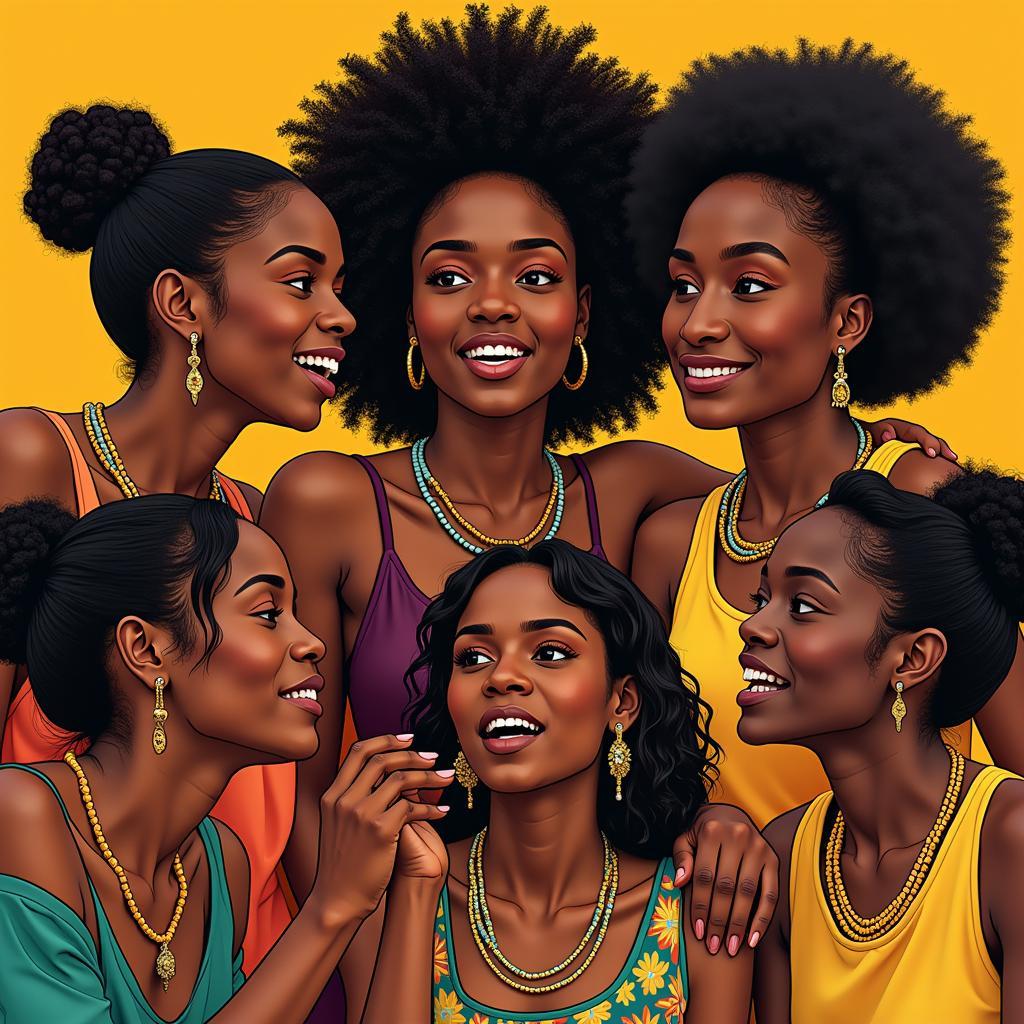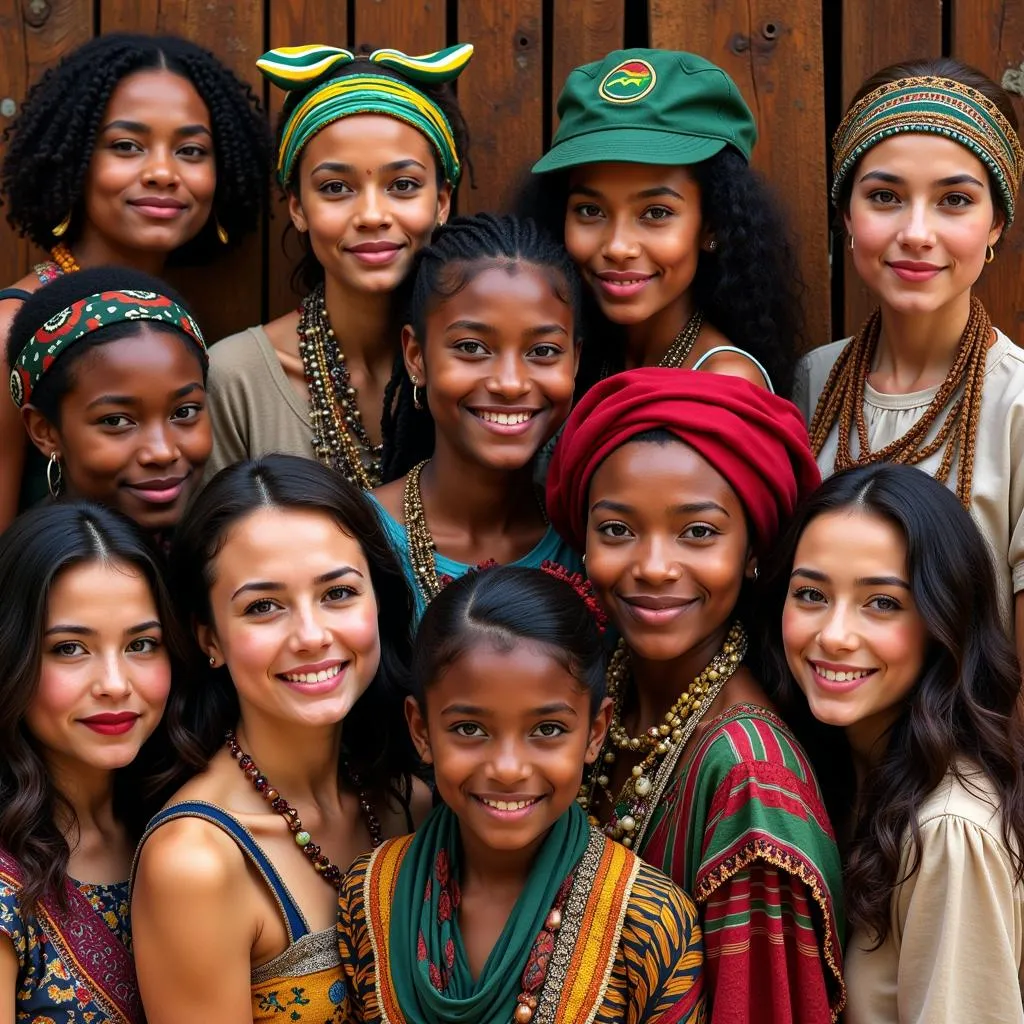The Troubled History of African Americans and the KKK
The intersection of African American history and the Ku Klux Klan is a painful but crucial narrative. The KKK, a white supremacist terrorist hate group, has systematically targeted Black communities since its inception after the Civil War, inflicting violence, intimidation, and terror. Understanding this dark chapter of American history is essential to combating racism and promoting equality.
The KKK’s Rise and Impact on Black Communities
After the Civil War and the abolition of slavery, the KKK emerged as a violent backlash against Reconstruction and the burgeoning rights of African Americans. Their acts of terror, including lynchings, bombings, and arson, aimed to suppress Black political participation, economic advancement, and social equality. This era of violence left an enduring scar on Black communities, hindering progress and perpetuating systemic inequalities. The KKK’s influence extended beyond physical violence, instilling fear and creating a climate of oppression that impacted generations of African Americans.
The KKK’s tactics evolved over time, from night rides and public displays of intimidation to more insidious forms of political and social manipulation. They infiltrated law enforcement, influencing local politics and shaping public opinion against Black Americans. This systematic oppression had a devastating impact on Black communities, limiting access to education, employment, and justice.
 KKK Cross Burning Ceremony
KKK Cross Burning Ceremony
How African Americans Resisted the KKK
Despite the constant threat of violence, African Americans bravely resisted the KKK’s reign of terror. They formed self-defense groups, organized boycotts, and challenged discriminatory laws in court. Figures like Ida B. Wells-Barnett tirelessly documented and exposed the KKK’s atrocities to the world, galvanizing international condemnation. Black newspapers and community organizations played a vital role in disseminating information, mobilizing resistance, and providing support to victims of KKK violence.
From the Civil Rights Movement to the Black Lives Matter movement, African Americans have continued to fight for equality and justice. These movements built upon the legacy of resistance forged during the KKK’s reign of terror, demanding an end to systemic racism and police brutality.
 Civil Rights March Against KKK Violence
Civil Rights March Against KKK Violence
The KKK Today: A Continuing Threat
While the KKK’s power and influence have diminished, they remain a persistent threat. The rise of white nationalism and online hate speech has provided fertile ground for the resurgence of extremist groups. Understanding the history of the KKK and its continuing impact is crucial to confronting these contemporary challenges. Learning from the past empowers us to combat hate, dismantle systems of oppression, and build a more just and equitable future.
“The fight against racism is not a sprint; it’s a marathon. We must remain vigilant and continue to challenge all forms of hate and discrimination,” says Dr. Amani Jackson, historian and author of The Legacy of Resistance: African Americans and the KKK.
 Black Lives Matter Protest Against Racial Injustice
Black Lives Matter Protest Against Racial Injustice
Conclusion: Remembering the Past, Shaping the Future
The history of African Americans and the KKK is a stark reminder of the enduring power of hate and the importance of resilience. By understanding the past, we can work to dismantle the systems of oppression that continue to plague our society. Remembering the struggles and triumphs of African Americans in the face of KKK terrorism is crucial to building a future free from racism and discrimination. The fight continues, and we must all play our part in creating a more just and equitable world.
FAQ
-
What was the KKK’s primary goal?
To suppress the rights and advancement of African Americans. -
How did African Americans resist the KKK?
Through self-defense, boycotts, legal challenges, and documentation of KKK atrocities. -
Is the KKK still active today?
Yes, although their power and influence have diminished, they remain a threat. -
What are some resources for learning more about the KKK?
Books like The Legacy of Resistance by Dr. Amani Jackson, documentaries, and academic research. -
How can I help combat racism and hate groups today?
Educate yourself, speak out against injustice, and support organizations fighting for equality. -
What is the significance of Ida B. Wells-Barnett’s work?
Her documentation and exposure of KKK violence was crucial in raising awareness and galvanizing international condemnation. -
How did the KKK impact Black communities beyond physical violence?
They instilled fear, created a climate of oppression, and influenced political and social systems to discriminate against Black Americans.
Have other questions? Explore more articles about the history and impact of racism on our website. For immediate assistance or to learn more, please contact us at +255768904061, email kaka.mag@gmail.com, or visit us in Mbarali DC Mawindi, Kangaga, Tanzania. We have a 24/7 customer support team ready to help.



